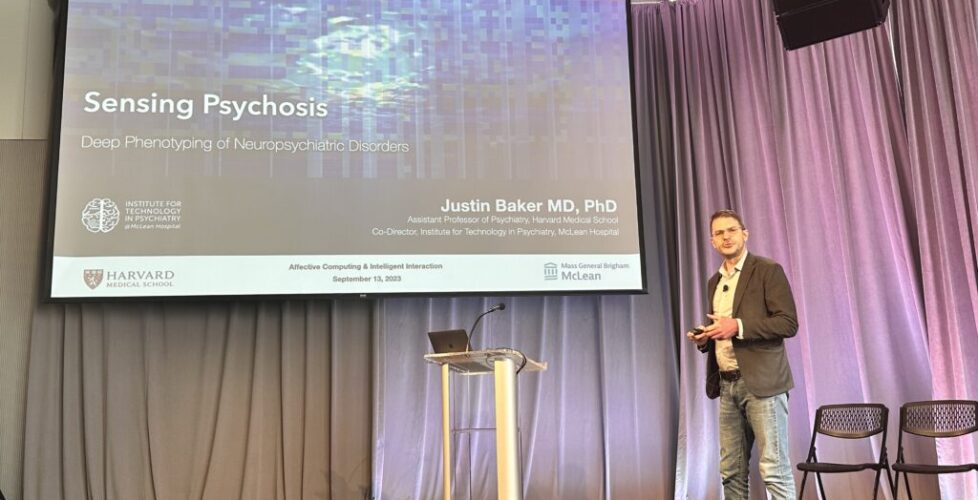Traditional psychiatric care relies on subjective assessments, hindering progress in personalized treatments. However, pervasive computing offers unprecedented opportunities to develop dynamic models of mental illness by quantifying individual behavior over time and applying latent construct models. By transcending the precision-personalization dichotomy, we can revolutionize therapeutic discovery through unobtrusive, quantitative behavioral phenotyping. This presentation explores the integration of affective computing in severe mental illnesses such as depression, bipolar disorder, and schizophrenia. Affective computing enhances our understanding of illness fluctuations, contextual factors, and treatment interventions, enabling the identification of causal relationships and targeted interventions for specific neural circuits. By employing single-case experimental designs, we demonstrate the potential of affective computing to reshape psychiatric research and clinical practice. This technological integration paves the way for a closed-loop, personalized approach that optimizes care for individuals seeking treatment.
